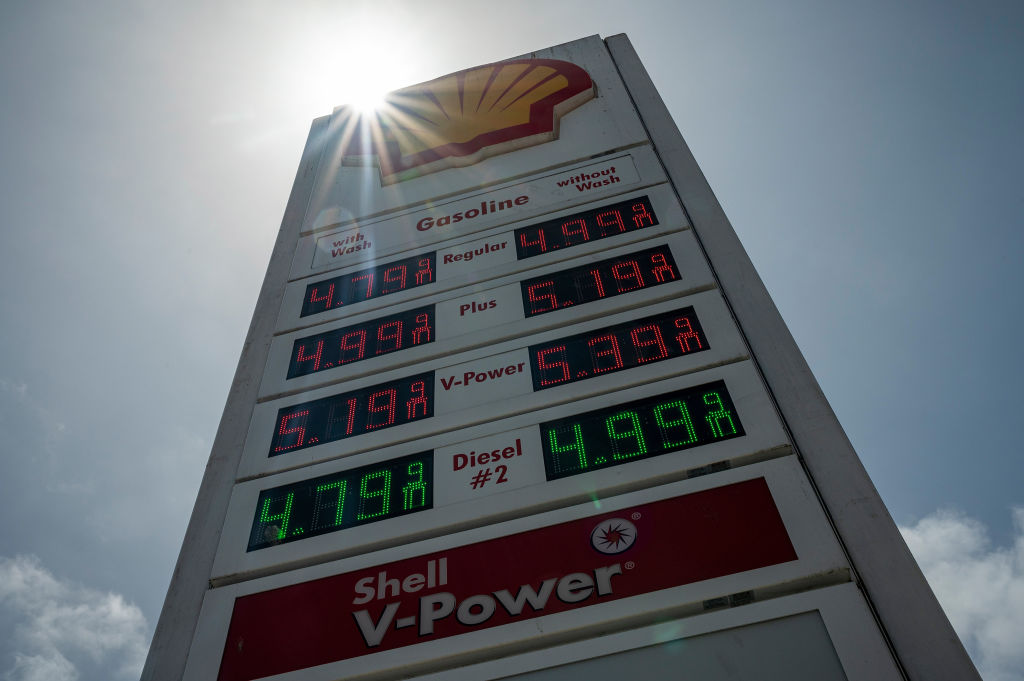
A year ago, heading into Memorial Day weekend, people were freaking out about gas prices.
Prices at the pump hit $4.72 a gallon on May 30 and then soared past $5 a gallon in June. Diesel prices were as high as they’d been in the U.S. since the government started tracking them, which sent prices soaring for just about everything that moves by truck or boat or plane.
This year, though, travelers are getting a reprieve; gas prices are hovering around $3.57 a gallon, down from both a month ago and a year ago. These lower prices are tied to the price of crude oil, which is down about 35% from last year, according to the U.S. Energy Information Administration.
Oil production has not been impacted as much as analysts worried it would be during last year’s invasion of Ukraine, says Patrick De Haan, head petroleum analyst at GasBuddy, and Russia is still sending crude oil to the market. At the same time, demand is weakening as worries about a recession dampen consumer spending and as retailers flush with inventory order less stuff.
Last year, by contrast, worries about supply constraints were happening as consumer demand was soaring, requiring more trucks on the road and more diesel to fuel them, causing prices to rise.
Read More: How Much Is Your Car Worth and What Are Your Options After Appraisal?
“The big story from my chair is that demand is weaker,” De Haan says. On average, between lower diesel and gasoline prices, the U.S. spends roughly $667 million less per day on fuel than it did a year ago, De Haan estimates. Low prices should continue throughout the summer and into October, according to a forecast from UBS.
But there is, perhaps, a silver lining from last year’s high gas prices: they motivated people to start buying electric vehicles. Google search interest in “electric cars” reached a record high in March of 2022 as gas prices started to climb following the invasion of Ukraine. EV purchases have been high ever since—about 7% of new car sales in the first quarter of 2023 were EVs, according to Cox Automotive, up from just 2.4% in the same period of 2021. Overall in 2022, total new vehicle sales fell by 8% from the previous year but EV sales grew 65%, according to Cox.
Cox expects EV sales to continue their fast pace this year, despite low gas prices, because of various incentives from the Inflation Reduction Act that will start to be offered at dealerships. This, too, could have an impact on gasoline prices, pushing them down even more as demand drops as more consumers say goodbye to volatile gas prices, replacing their combustion engine cars with EVs.
More Must-Reads from TIME
- Cybersecurity Experts Are Sounding the Alarm on DOGE
- Meet the 2025 Women of the Year
- The Harsh Truth About Disability Inclusion
- Why Do More Young Adults Have Cancer?
- Colman Domingo Leads With Radical Love
- How to Get Better at Doing Things Alone
- Michelle Zauner Stares Down the Darkness
Contact us at letters@time.com